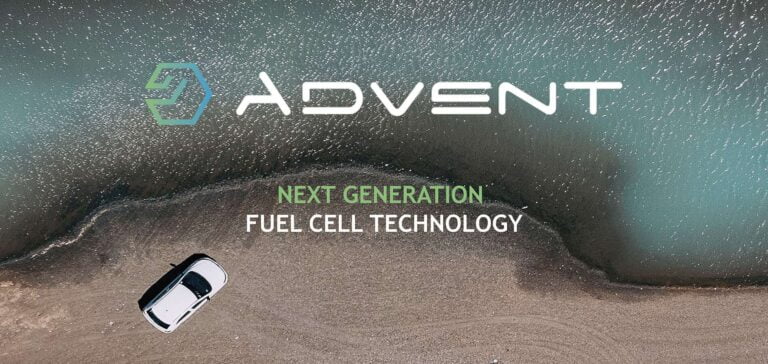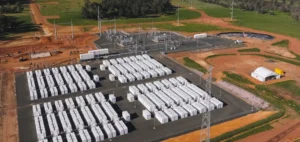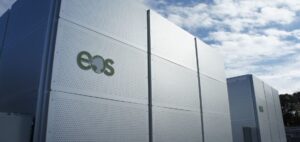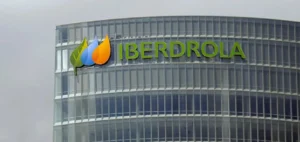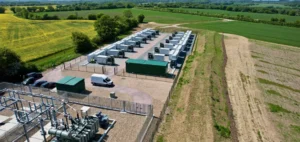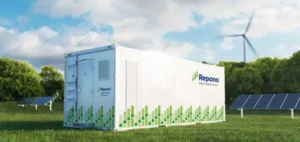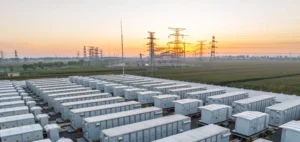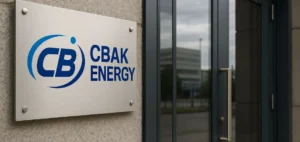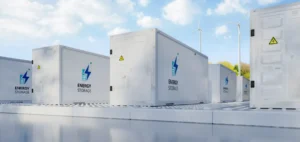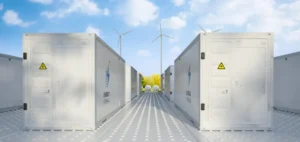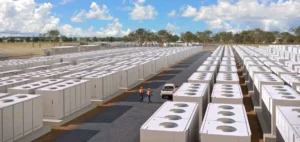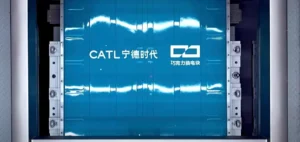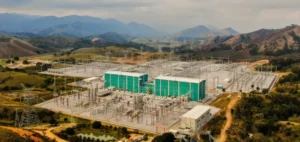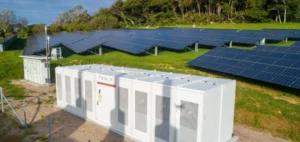Advent Technologies receives a contract from the US Department of Defense for its new portable fuel cell.
The project, called Honey Badger, is designed to enhance soldiers’ knowledge and capabilities.
Advent Technologies coveted for its “Honey Badger” project
In a press release, Advent Technologies announces that its subsidiary UltraCell has received a contract from the US Department of Defense.
The proposal concerns the completion of MIL-STD certification for its reformed methanol portable fuel cell system.
The project is called ” Honey Badger “, and will eventually be integrated into the U.S. Army to enhance soldiers’ knowledge and capabilities.  The contract was signed with theUS Army‘s Command, Control, Communications, Intelligence, Surveillance and Reconnaissance (C5ISR) Center.
The contract was signed with theUS Army‘s Command, Control, Communications, Intelligence, Surveillance and Reconnaissance (C5ISR) Center.
The final price is intended to further the development of “Honey Badger”, while the US Army has yet to verify its effectiveness.
The technology can normally operate on a stand or backpack to charge a battery on the move.
The US Army wants “a technological force” by 2028
Dr. Vasilis Gregoriou, President and CEO of Advent Technologies, is delighted with this new partnership.
He commented:
“This contract represents a key milestone as we work to expand our markets and position Advent’s products as the technology of choice for major defense applications. We’re delighted to be growing in this way, and believe it’s further proof of how ‘Any Fuel, Anywhere’ can solve our customers’ most pressing challenges”.
Finally, ” Honey Badger ” is the only fuel cell to take part in the demonstration/validation program organized by the C5ISR.
Provided it performs well, the project should soon join the ranks of U.S. military and defense technologies.
The latter aim to “have a technology force by 2028”.

